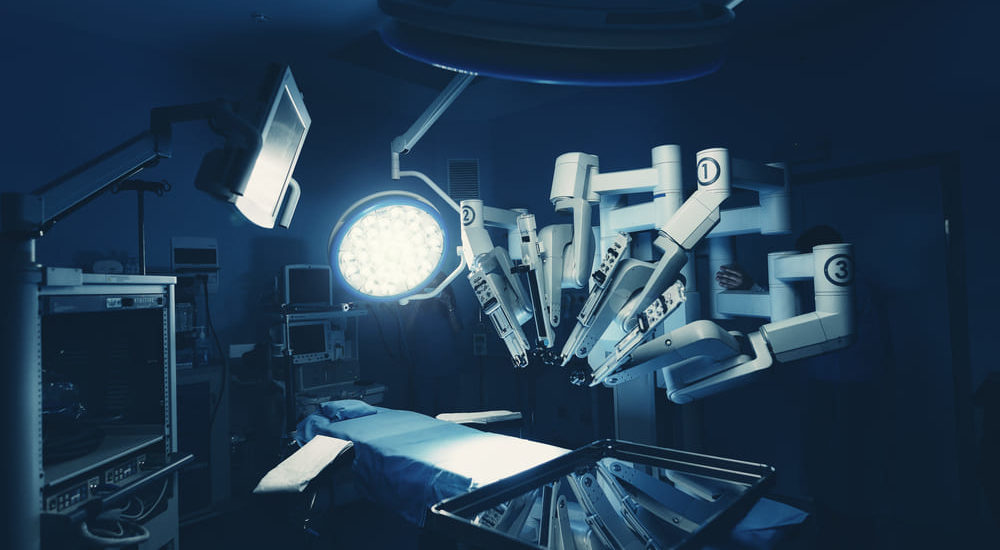
AI Developed That Can Detect Symptoms of Depression
Depression is a rising concern among today’s generation, and medical professionals are doing all that they can to detect the symptoms early, so that cure may be a possible thing. Medical professionals arrive at a conclusion after asking various questions like their mood, lifestyle, background or their childhood. While the medical world is doing everything that they are able to do, the technological world has also contributed its share.
MIT has developed an all-new artificial intelligence that is now capable of determining depression minus all these long complicated questions. Now, AI can present a neural network that is capable of analyzing audio and textual data of interviews. And by means of these, signs of depression can be detected.
Science

The man behind this project, Tuka Alhanai explains that the first signs of depression are always in his speech, and that is what this AI is capable of detecting. The moment a person begins to express himself or his thoughts, a report would be available which you then be used to determining if a person has symptoms of depression or not.
But, how does this AI actually do that? Well, the model analyzes the person’s words and compares with those who are depressed, or not. This thus enables the model to see word sequences or speech styles that thus determines these patterns that can be seen in other people’s speech. In the tests that were performed by the AI, the model generated a success rate of around 77% in the identification of depression.
Useful Resource

This model won’t be open to everyone, but instead would be used by professionals to support or detect the signs of depression. Changes or that would be picked up by the model would thus be signals for doctors, and they could use this information in treatment. Though this technology is not available for all right now, in the future it could be used in mobiles, thus making it very easy for such symptoms to be detected.
This would make the detection process far easier, and would also lessen the load on professionals, as a whole lot of time, effort, and energy goes in just detecting depression, leave alone curing it. With this new service, professionals can focus on helping the patient get back on his feet, other than spending valuable time in determining if the particular person has it in the first place or not.





